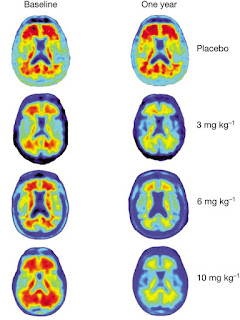Israel has approved the construction of 285 new homes at Jewish settlements in the occupied West Bank, according to the settlement watchdog Peace Now.
A 234-unit nursing home in Elkana, 30 houses in Beit Arye and 20 in Givat Zeev got the go-ahead on Tuesday.
Retrospective permits were also issued for 179 existing homes in Ofarim.
The US said it was "deeply concerned" and warned that settlement expansion posed a "very serious and growing threat" to peace with the Palestinians.
About 570,000 Israelis live in more than 100 settlements built since Israel's 1967 occupation of the West Bank and East Jerusalem. The settlements are considered illegal under international law, though Israel disputes this.
- Blame and bitterness keeping peace at bay
- Israel-Palestinian tensions return to boiling point
- Obstacles to peace: Borders and settlements
Peace Now reported that the latest planning decision by the Israeli military-run Civil Administration in the West Bank meant 2,623 housing units at settlements had been approved so far this year. The figure includes 756 illegally-built homes that have been retrospectively "legalised".
A senior US official told the AFP news agency that settlement expansion - as well as continuing demolitions of Palestinian homes - "fundamentally undermines the prospects for a two-state solution and risks entrenching a one-state reality of perpetual occupation and conflict".
"We are particularly troubled by the policy of retroactively approving illegal outposts and unauthorised settlement units," the official said.
"These policies have effectively given the government's green light for the pervasive advancement of settlement activity in a new and potentially unlimited way."
On Tuesday, Israel reacted angrily to similar criticism of its settlement activities by the UN special co-ordinator for the Middle East peace process, Nickolay Mladenov.
"It is difficult to read in these actions a genuine intention to work towards a viable two-state solution. This appears to reinforce a policy, carried out over decades, that has enabled over half a million Israelis to settle in territory that was occupied militarily in 1967," he told the UN Security Council.
A spokesman for Israeli Prime Minister Benjamin Netanyahu accused Mr Mladenov of distorting history.
"Jews have been in Jerusalem, Judea and Samaria for thousands of years and their presence there is not an obstacle to peace," David Keyes said, using the biblical names for the West Bank.
There have been numerous rounds of peace talks between Israel and the Palestinians since the early 1990s, with the last collapsing in acrimony in 2014.






















